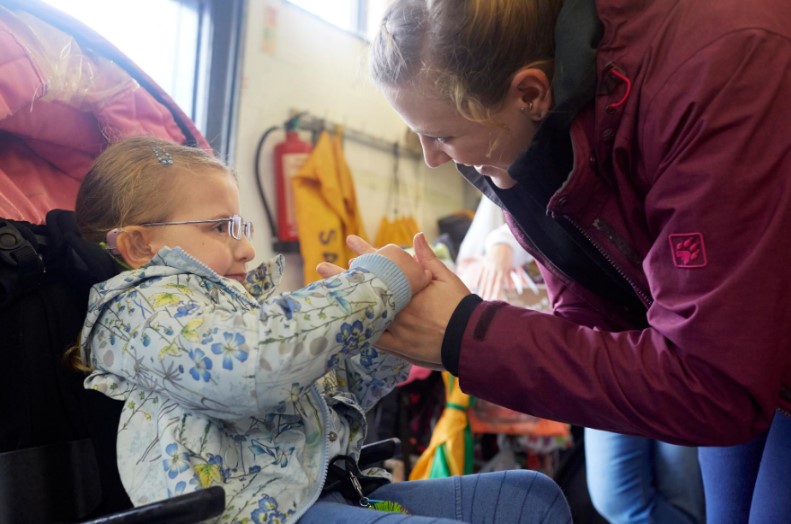New data release shows Education Health and Care Plans delays are leaving children behind

Today the Department for Education (DfE) published its annual data on children and young people with an education, health and care (EHC) plan in England.
The data today is quite mixed.
The good news is that the number of children with an EHC plan has increased, as it has done every year since 2010. As of January 2023, there are 517,026 children with EHC plans in England, up 9% since January 2022. This means that more children should be able to access support.
The bad news is that shockingly only half (50.7%) of EHC plans are issued within the 20-week legal timeframe, a percentage drop of 15% from last year and an all-time low since records began in 2015.
Delays are letting children with complex disabilities down
Today’s data means more families than ever before are facing long delays for their child’s EHC plan to be put in place.
This is not good enough.
Early intervention is key for children with complex disabilities to get the best start in life. Any delay in support for children with complex disabilities will have catastrophic knock-on effects to their education and health, which can have life-long consequences.
Waiting for over 20 weeks isn’t acceptable – that’s a significant proportion of the school year. Five months is a long time; it’s too long.
The plan is just the start of the process
An EHC plan aims to be an effective way to collate a child’s needs and ensure the right support can be put in place, if they are used correctly.
Sadly, this aim is not being realised. Whilst today’s data shows that more children are getting EHC plans, we know that even with a plan children with complex disabilities are still not getting their needs met.
Sense research, undertaken in 2021, found only 36% of parents told us that their child is currently receiving all the education, health, and social care support they are entitled to.
Families tell us they feel that they have to “fight” to get the support they need. Sometimes it’s because the support just isn’t available. This is why we carried out research into the availability of multi-sensory impairment (MSI) teachers. We found that over half (52%) of Local Authorities across England do not employ any MSI teachers. This support is essential for children with deafblindness, even if that support is in their EHC plan, it often still isn’t available at a local level.
This feeling of struggle is often reflected through the EHC plan process, where instead of providing tailored support, it is instead focused on what is available rather than what is needed.
Reform is coming but will it fix the system?
The DfE has already announced in the “SEND review: right support, right place, right time” that over the next 4 years EHC plans will become digitised and standardised templates.
Standardised and digitised EHC plans could help improve the number of plans put in place within the 20-week timeframe. However, this alone will not go far enough to make sure that the EHC plans always deliver the right support for every child.
The DfE also need to make sure that all children with complex disabilities have a good quality EHC plan that delivers the support they need.
An EHC plan can say whatever it wants, but if the support in the plan isn’t available, it becomes a redundant document.
Where do we go from here?
We welcome the DfE publishing its data today and we’re pleased that more EHC plans are being put in place, however the delays in children receiving their plans are concerning.
Sense will as ever, continue to try and work with the DfE to ensure the needs of children with complex disabilities are not forgotten.


